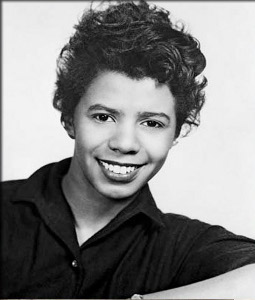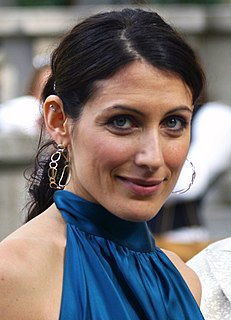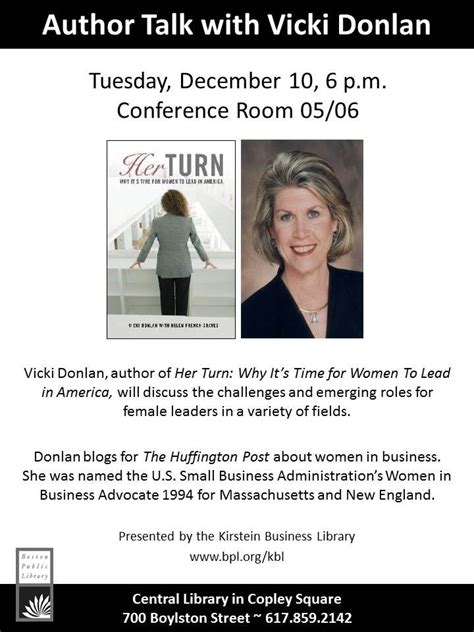A Quote by Lorraine Hansberry
I think it is about time that equipped women began to take on some of the ethical questions which a male-dominated culture has produced and dissect and analyze them quite to pieces in a serious fashion. It is time that 'half the human race' had something to say about the nature of its existence.
Related Quotes
I joined a very male-dominated profession back in 1986. I wanted to work with big multinational Fortune 500 companies, but you don't come into the firm and automatically get those. So, quite frankly, a key to my success was that I found male mentors and male sponsors. I think some women are afraid to say that.
At a time when threats to the physical environment have never been greater, it may be tempting to believe that people need to be mounting the barricades rather than asking abstract questions about the human place in nature. Yet without confronting such questions, it will be hard to know which barricades to mount, and harder still to persuade large numbers of people to mount them with us. To protect the nature that is all around us, we must think long and hard about the nature we carry inside our heads.
The human race sees with one eye, the male eye; hears with one ear, the male ear; and thinks with one half the human mind, the male mind. And the decisions we are making show we are not bringing to the agendas, and the questions and the problems of the world, all the resources of the world to solve them.
I have observed that male writers tend to get asked what they think and women what they feel," she says. "In my experience, and that of a lot of other women writers, all of the questions coming at them from interviewers tend to be about how lucky they are to be where they are – about luck and identity and how the idea struck them. The interviews much more seldom engage with the woman as a serious thinker, a philosopher, as a person with preoccupations that are going to sustain them for their lifetime.
I sometimes ask myself how it came about that I was the one to develop the theory of relativity. The reason, I think, is that a normal adult never stops to think about problems of space and time. These are things which he has thought about as a child. Bu t my intellectual development was retarded,as a result of which I began to wonder about space and time only when I had already grown up.
I think that popular culture takes a long time to catch up to what's actually happening in the world. Women have had to take care of themselves for quite a while. Actually, not had to take of themselves, but have wanted to take care of themselves, so I think it's a big transition that our country and our society has been going through a long time.
To a sprinter, the hundred-yard dash is over in three seconds, not nine or ten. The first 'second' is when you come out of the blocks. The next is when you look up and take your first few strides to attain gain position. By that time the race is actually about half over. The final 'second' - the longest slice of time in the world for an athlete - is that last half of the race, when you really bear down and see what you're made of. It seems to take an eternity, yet is all over before you can think what's happening.
I soon began to sense a fundamental perceptual difficulty among male scholars (and some female ones) for which 'sexism' is too facile a term. It is really an intellectual defect, which might be termed 'patrivincialism' or patrochialism': the assumption that women are a subgroup, that men's culture is the 'real' world, that patriarchy is equivalent to culture and culture to patriarchy, that the 'great' or 'liberalizing' periods of history have been the same for women as for men.
I try to return my calls but I get inundated with emails and I can't answer them all. So often, I have to refer to them my webpage and the frequently asked questions or refer them to the books. But if they take the time to call me, I try to call back. You know, I am really busy, but just happened to have an hour in the hotel room and had some time before I have to meet some people about 20 minutes.
So when I say that I think we would have a different ethical level, particularly in corporate America, if there were more women involved, I mean that what women are best at is asking questions. Women ask questions over and over again. It drives men nuts. Women tend to ask the detailed questions; they want to know the answers.






































